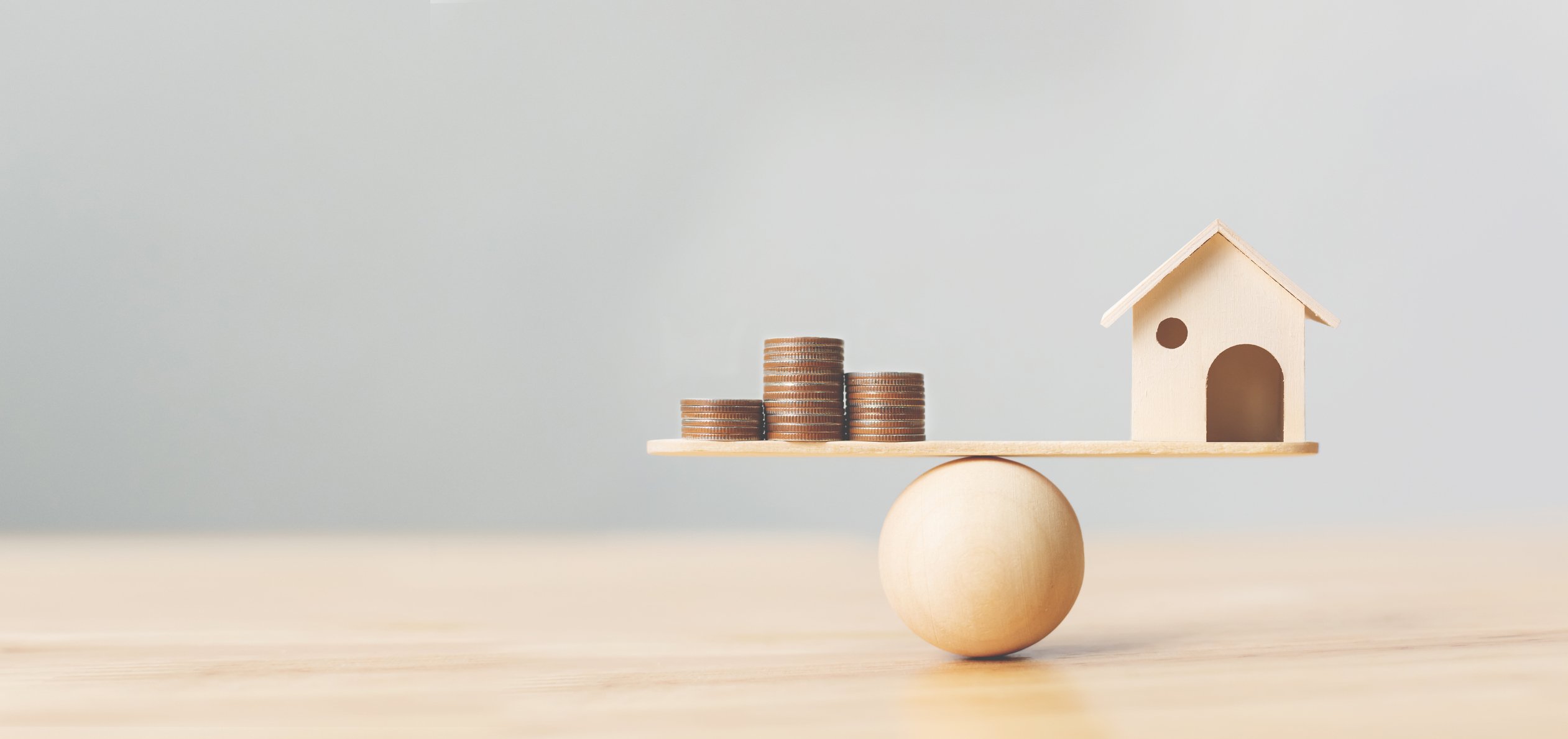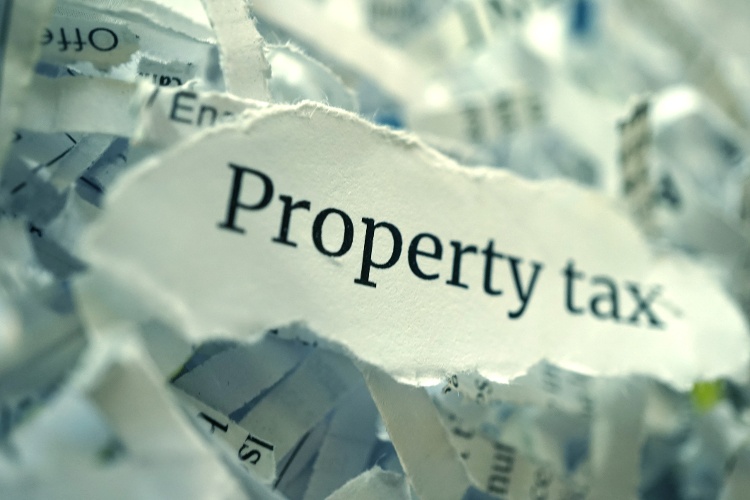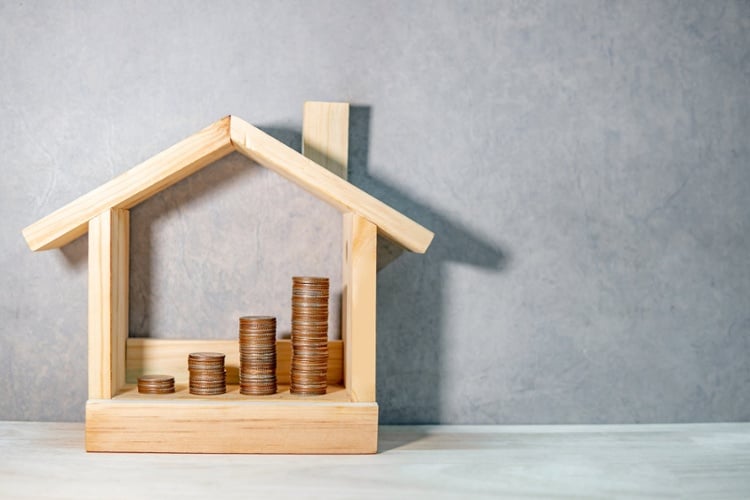The average homeowner in the U.S. pays nearly $2,400 in property taxes each year, according to Business Insider. However, that’s an average number.
The fact is that property taxes vary significantly from place to place and can have a negative effect on cash flow if a real estate investor isn’t careful.
In this article we’ll look at the states with highest and lowest property tax rates, discuss how property taxes work, and offer some tips on keeping property taxes as low as legally possible.
States with no property tax
Unfortunately, there’s no such thing as a state with no property tax. That’s because property taxes are used to fund essential government services such as schools, fire and police departments, water districts, and libraries.
The good news is that some states are better than others when it comes to the percentage of property tax assessed and collected, according to Tax-Rates.org.

Top 10 states with the lowest property tax
The 10 best states for people looking for the lowest property tax rates are as follows, according to Business Insider:
1. Louisiana- 0.18% of assessed home value
- $243 property tax per year based on state median home value
- $54,216 median household income
- 0.26% of assessed home value
- $1,324 property tax per year based on state median home value
- $81,711 median household income
- 0.33% of assessed home value
- $398 property tax per year based on state median home value
- $51,014 median household income
- 0.43% of assessed home value
- $1,078 property tax per year based on state median home value
- $67,249 median household income
- 0.46% of assessed home value
- $2,057 property tax per year based on state median home value
- $98,620 median household income
- 0.49% of assessed home value
- $464 property tax per year based on state median home value
- $44,940 median household income
- 0.5% of assessed home value
- $689 property tax per year based on state median home value
- $52,001 median household income
- 0.52% of assessed home value
- $532 property tax per year based on state median home value
- $48,177 median household income
- 0.52% of assessed home value
- $508 property tax per year based on state median home value
- $45,925 median household income
- 0.55% of assessed home value
- $880 property tax per year based on state median home value
- $52,032 median household income

Top 10 states with the highest property tax
Conversely, the 10 states with the highest property tax rates according to Business Insider are:
1. New Jersey- 1.89% of assessed home value
- $6,579 property tax per year based on state median home value
- $88,343 median household income
- 1.86% of assessed home value
- $4,636 property tax per year based on state median home value
- $73,159 median household income
- 1.81% of assessed home value
- $2,275 property tax per year based on state median home value
- $62,353 median household income
- 1.76% of assessed home value
- $2,164 property tax per year based on state median home value
- $59,730 median household income
- 1.76% of assessed home value
- $3,007 property tax per year based on state median home value
- $62,494 median household income
- 1.73% of assessed home value
- $3,507 property tax per year based on state median home value
- $68,578 median household income
- 1.63% of assessed home value
- $4,738 property tax per year based on state median home value
- $85,993 median household income
- 1.62% of assessed home value
- $2,145 property tax per year based on state median home value
- $55,244 median household income
- 1.59% of assessed home value
- $3,444 property tax per year based on state median home value
- $62,088 median household income
- 1.42% of assessed home value
- $1,658 property tax per year based on state median home value
- $62,081 median household income
How property taxes are calculated
Property taxes are calculated differently depending on the municipality where the property is located, but they usually follow some basic calculation rules:
Property assessment
Once a year, or sometimes every few years, depending on the state and local law, the tax assessor will estimate the assessed value of the property. Assessors usually use one of three methods (or sometimes a combination of all three) to determine a property’s assessed value:
- Sales comparison to compare similar properties that have recently sold in the same area, making adjustments for variables that would make one property more or less valuable than another.
- Cost method uses the replacement cost of a property if it were to be rebuilt from the ground up, factoring depreciation and value of the land or lot the house is one.
- Income method is used for commercial and business properties based on the net income an owner would receive if the property were rented and considers market factors such as operating expenses and current market rent rates.
Once the tax assessor determines the market value of the property for tax purposes, property owners are sent a notice of assessed value, followed by the property tax bill.
It’s important to note "market value" for property tax assessment purposes isn’t the same thing as the "fair market value" that real estate investors use. That’s because local assessors assess individual property market value for the purposes of collecting tax, while fair market value is the price a willing and able seller and buyer agree to.
Property tax calculation
Once the assessed value of a property is determined, the assessor multiplies the assessed value by the local tax rate or mill rate to calculate the actual property tax.
A "mill" is equal to $1 for every $1,000 of assessed property value. So, if a property’s assessed value for property tax purposes is $100,000 and the local mill rate is 35, the property tax would be calculated as:
- $100,000 assessed value / $1,000 = 100 x 35 = $3,500 property tax – or -
- $100,000 assessed value x 3.5% = $3,500 property tax
Mill rate amounts vary from place to place. Local governments will usually forecast the amount of tax revenue needed for their operating budget, then set the mill rate to raise the amount of money needed to fund the government’s budget.

Do investors pay more property tax vs. owner occupants?
The answer to this question varies from municipality to municipality, but as a rule of thumb investors usually pay a higher property tax rate than owner occupants. That’s because – in the eyes of the local tax assessor – a property that produces income is worth more and has a higher market value than an owner-occupied home.
Real estate investors are sometimes shocked to discover that the actual cash flow from their investment isn’t nearly as high as the pro-forma cash flow forecast. A common mistake that real estate investors make when buying a home from an owner-occupant to convert to a rental property is to assume the seller-homeowners property tax bill will be the same as the investor’s property tax bill.
As part of their due diligence process, experienced real estate investors always contact the local tax assessor’s office to learn if the property tax amount will change and by how much.
Five ways to minimize your property tax burden
While it’s nearly impossible to legally avoid paying property taxes, there are a few things that real estate investors can do to help keep the assessed value of their property low. This in turn will lead to a lower property tax bill:
- Check that the information the local assessor has on your property is correct by verifying items such as lot size, square footage, number of bedrooms and bathrooms, original construction date, property upgrades and improvements.
- Avoid making major structural changes and improvements to your property such as an outside deck or converting an attic into a bedroom unless the additional rental income will comfortably offset the potential increase in property tax.
- Limit the property’s curb appeal by trying to make your property look better than the average home in the neighborhood because nicer looking homes may receive a higher assessed value due to the local tax assessor’s subjectivity.
- Talking to the neighbors with property similar in size and features to yours is being given the same assessed value for property tax purposes.
- Meet the assessor at your house and walk him or her through the property, pointing out items that will reduce perceived value such as older appliances, popcorn ceilings, or older windows and doors, because tax assessors frequently only look for items that will increase property values.
Property tax and other write-offs
Although most of us don’t like to pay tax, the good news for real estate investors is that property tax paid on rental property is a fully deductible expense used to reduce net taxable income.
Normal deductible expenses
Tax write-offs that real estate investor use include:
- Mortgage interest
- Business credit card interest paid when making purchases for the property
- Hazard and business insurance
- Maintenance and repairs
- Travel expenses
- Professional fees such as property management or leasing fees
- Legal and tax preparation fees
- Property taxes
Bonus: Depreciation deduction
While property depreciation isn’t a cash expense, depreciation can be used to reduce the amount of taxable net income. The IRS allows rental property investors to depreciate (or write off) the value of the real estate (excluding the land value) over a period of 27.5 years or 3.636% per year.
In many cases, real estate depreciation can completely eliminate the amount of taxable net income while leaving cash in the bank. Take, for example, a property with a market value of $100,000 (excluding land value) that generates a net taxable cash flow of $4,000 per year:
- Before depreciation expense: $4,000 net cash flow or taxable net income
- After depreciation expense: $4,000 net cash flow - $3,363 non-cash depreciation expense ($100,000 x 3.636%) = $637 of taxable net income
This example helps to explain how successful real estate investors can be very wealthy while paying very little in income tax.
Wrapping up
A recent article from USA Today reports that property taxes are the most hated form of taxation in the U.S.
That’s especially true for real estate investors who underestimate the annual property tax due when they buy a home from an owner-occupant to use as a rental property.
While property taxation methods vary from place to place, the rule of thumb is that property taxes will go up for investment real estate because the property is used to generate income instead of a place for the owner to live.









